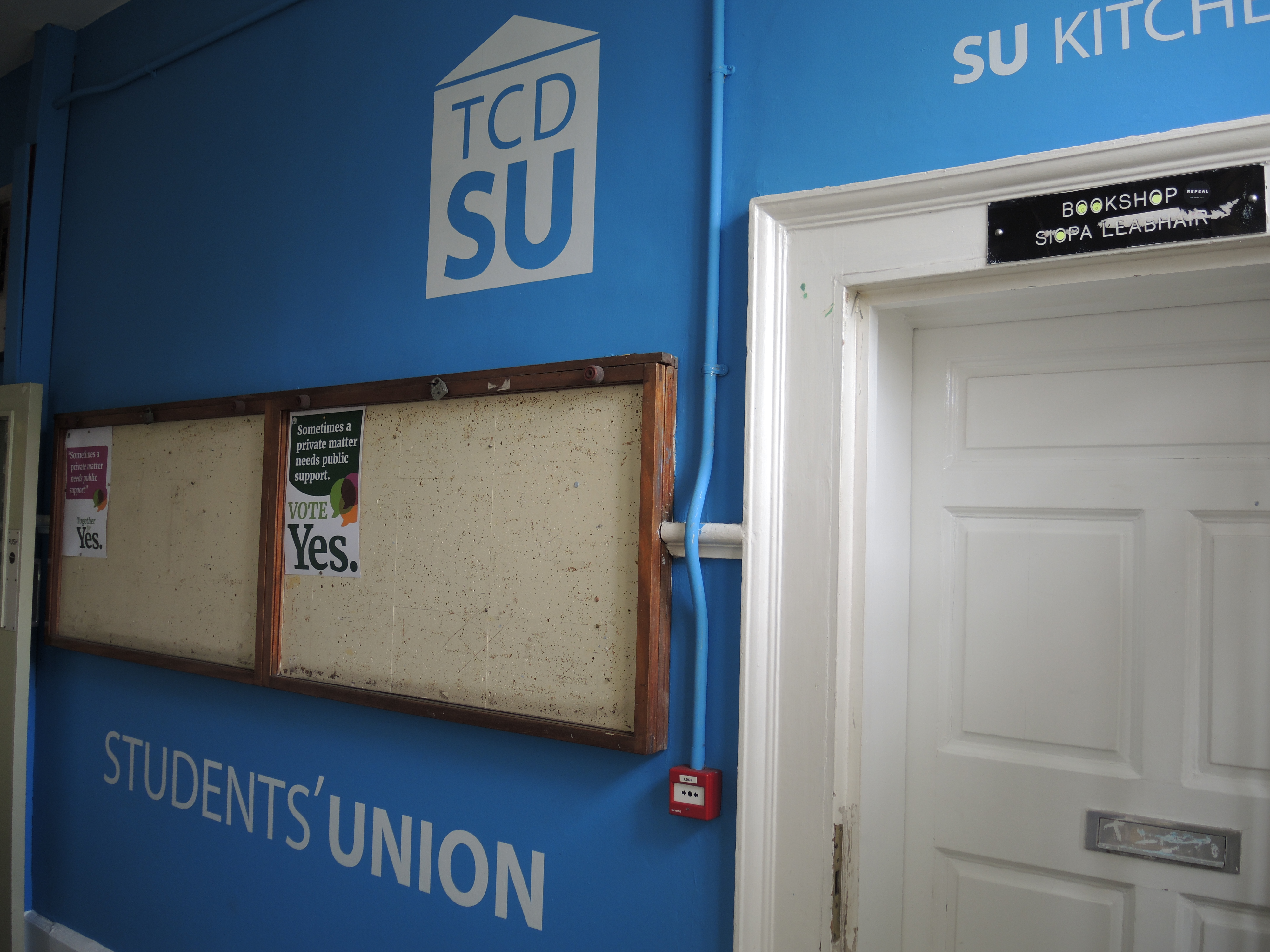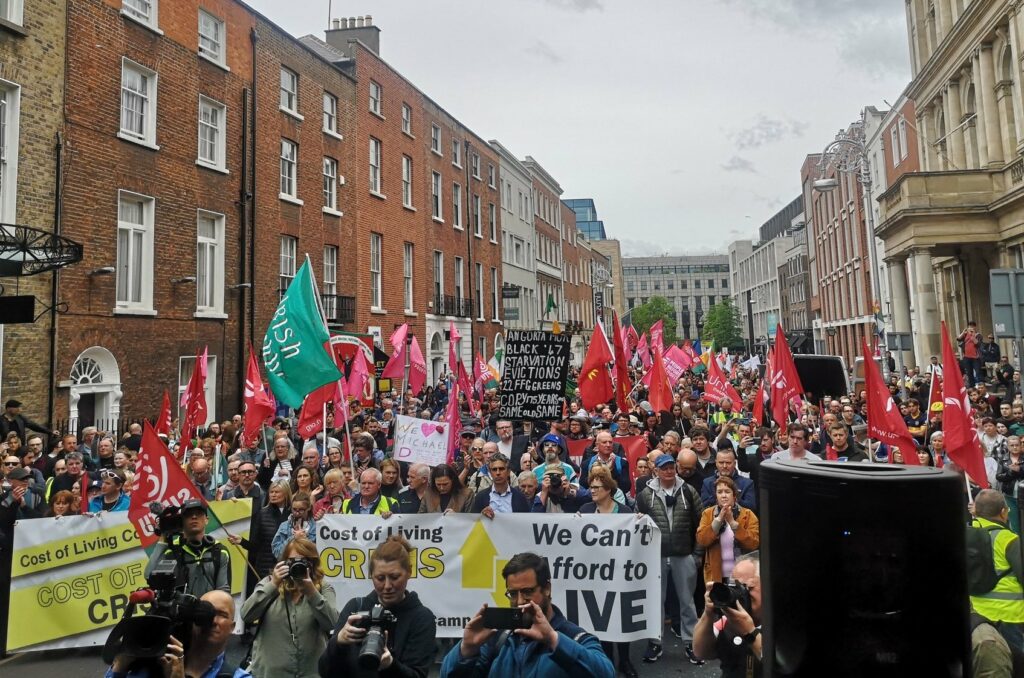László Molnárfi, a second-year PPES student at Trinity College Dublin and Chairperson of the Students4Change campaign group, shares his frustrations with his student union’s political strategy in 2021-2022.
It is with the greatest of frustration that I read the news about College increasing non-EU and postgraduate student fees for the umpteenth time. The hubris of senior management to bring back the proposal a mere month after its defeat, timing it just so that it will meet the least resistance, is appalling. To me, it is also obvious that we cannot continue cooperation with such an institution, which is a principle I have been consistently advocating for in the TCDSU.
Our union’s political strategy is ridiculous, and one that I will never manage to understand. It is painfully obvious which way our union is facing. Instead of relying on students for its power, it turns towards College.
This is nowhere more visible than how they approached the fees issue. The first time it came around, Students4Change, the press and I received news of the proposals through leaked documents on the 22nd of March by parties other than our union, one day before the Board meeting was due to take place. Immediately, we published, emailed the Board and called a protest. The union, despite having known of the proposals at least from the preceding Finance Committee on the 3rd of March, only managed to muster a statement the next morning, presumably doing so because of the leak. We defeated the proposals united with the power of lobbying and direct action, but the second time it came around, there was no leak. The union did nothing but record their dissent within the Board. To try to stop fee increases between €2,000 to €5,000 over four years, therefore, the union sought to negotiate in the backrooms, rather than building student-staff power in the grassroots, a choice which ended in abject failure.
The approach is quite apparent in what our union did around in-person exams. Working hard and putting in tremendous effort, they asked for mitigation measures in committees, but when these were not given, our union did nothing. No Twitter storm, no petition and no protest. While the 5000-strong #noinpersonexams open letter was making national headlines, our union refused to support it. Wanting engagement but refusing to engage with the mass movement of students is not a smart tactic, and looks to be a Judas kiss to the everyday student.
There is a consistent trend of facing inwards to committees rather than outwards to students on-the-ground. This approach has proven to be flawed, however. Protesting the closure of the treasured Science Gallery, we mustered a mere 30 students, our election turnout is at 11% and if we are being honest, there has not been any shift of power towards students away from institutional leaders despite our appeasement. Public pressure, hurting the reputation and finances of the university are not viewed as methods of making change, despite this being the only way to force the hands of senior management, as their interests are diametrically opposed to ours.
This is co-optation, not cooperation, and even the most ardent defenders of the union cannot deny it. Lamenting the lack of engagement from students, perhaps it is time for our student leaders to reconsider the union’s political strategy. At last, let us turn towards students.




Egyetértek: igaz ügyért harcoltok. Megalkuvás nélkül folytassátok!